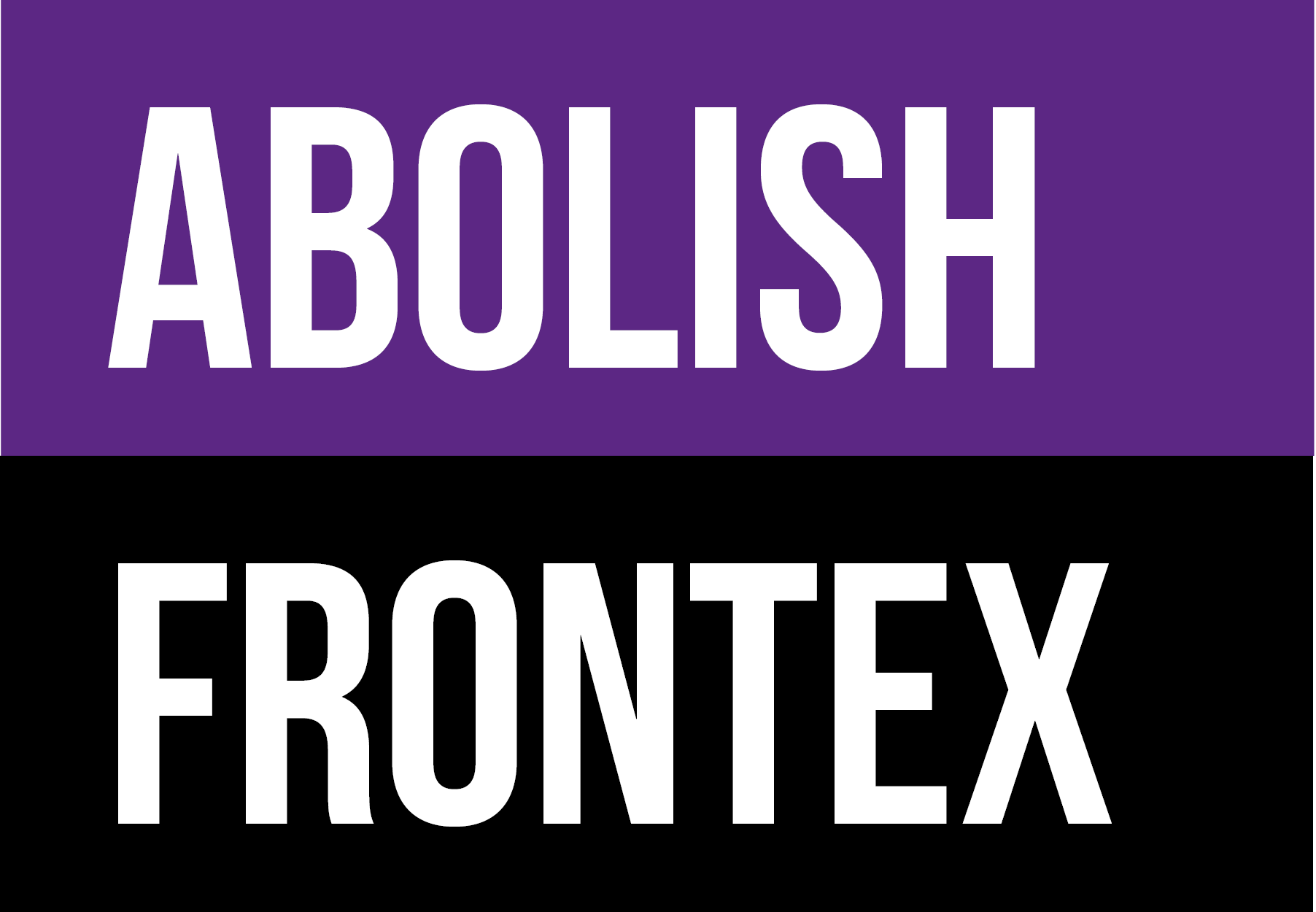The ‘Report on the fact-finding investigation on Frontex concerning alleged fundamental rights violations‘ presented by the Frontex Scrutiny Working Group (FSWG) in the European Parliament y is a disappointing document mostly lets Frontex off the hook, ignores the core problems of Frontex’s mandate and the EU’s militarised border policies it is part of and proposes non-solutions in the form of some cosmetic changes.
The Working Group was established in January to investigate allegations of Frontex’s involvement in fundamental right violations. uch allegation are nothing new – there have been stories from people on the move, search and rescue organisations and journalists for years now research by Bellingcat, Lighthouse Reports, Der Spiegel, ARD and others, leading to a series of publications last autumn revealed the systematic nature of pushbacks and violence at the EU’s external borders and Frontex’s involvement in these. Public outcry finally forced some official investigations into Frontex, after the agency has seen explosively rising budgets and expanding mandates since 2015.
FSWG acknowledges that the Bellingcat “claimed to have found evidence that Frontex had knowledge of the pushbacks, did nothing to ensure compliance with legal obligations, and in some cases even cooperated with the authorities carrying out the illegal pushbacks and collective expulsions” it states itself that it “did not find conclusive evidence on the direct performance of pushbacks and/or collective expulsions by Frontex in the serious incident cases that could be examined by the FSWG.”
In line with this statement the report hardly gives attention to what Frontex is doing at the borders nstead puts the blame, if there is any, on EU member states.
The whole report then reduces the role of Frontex to an agency been monitor behaviour member states’ border authorities, ensur compliance with fundamental rights in operational plans and its own internal system of a Fundamental Rights Officer and monitors of the ground.
All the recommendations follow-up on this and as such only aim for cosmetic changes: more monitoring, a larger role for the Fundamental Rights Officer, more transparency, more attention for fundamental rights in operational planning, better follow-up to complaints and Serious Incident Reports.
he report is very critical of Frontex Executive Director Leggeri, him a liar regarding his handling of incident reports, fall short of proposing to remove him.
y shifting the blame to member states, which are also accused of undermining Frontex role in monitoring compliance with fundamental rights, the FSWG has ignored not only the real role of Frontex in pushbacks and violence at the borders moreover disregards systematic problems, such as the EU’s staunch anti-immigration policies, the militarisation of borders, the existence and rapid expansion of Frontex, and the ever closer ties between the agency and the military and security industry.
t is shocking to read that the FSWG has nothing to say about the expansion of Frontex’s capacities to do so even more in the future. s it really a good idea to give Frontex billions of euros to buy its own arms and border security equipment and to build its own 10,000 person strong armed border guard corps? Or to increase Frontex’s role in deportations, another instance where violence and fundamental rights violations against people on the move are a common occurence?
The FSWG has failed its job badly propos nothing to prevent further violence, human rights violations and deaths at Europe’s borders and beyond. Any serious investigation would have come to the only possible conclusion: bolish Frontex and
